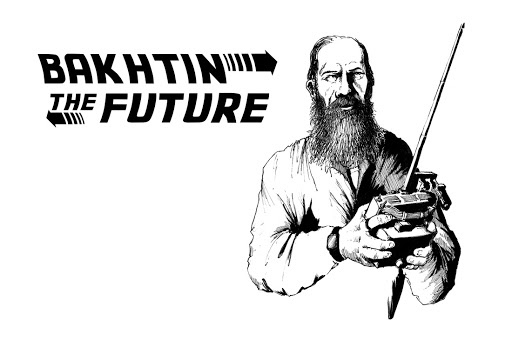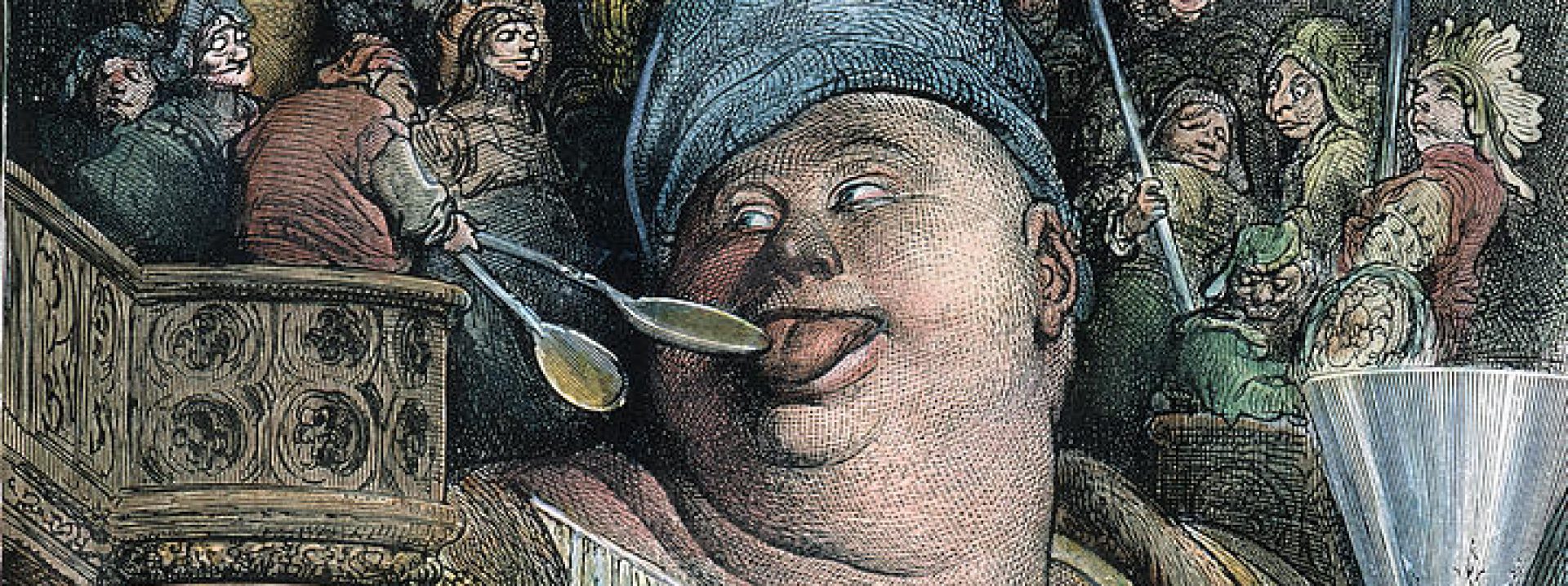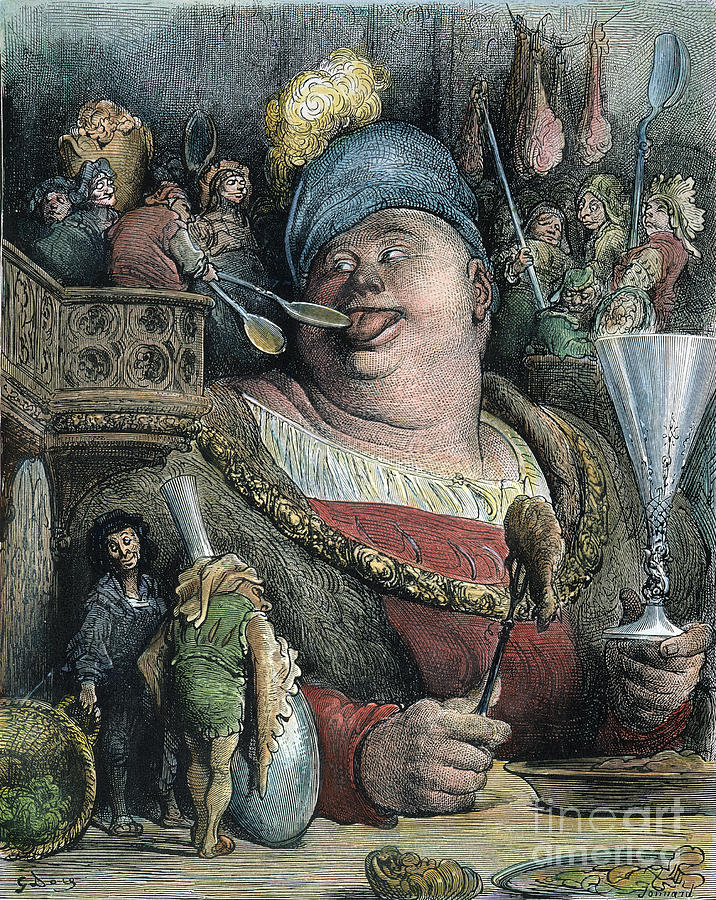As I sat here and reflected on this past semester, I realized that I enjoyed this class much more than I ever thought I would. It’s not the class itself, or the instruction, or even the people that made me doubt my interest in the course; there was a very intrusive train of thought in the beginning of the course that went something like: “Oh crap, we’re reading Shakespeare and I have no idea how to interpret Shakespeare, I’m gonna HATE that. . . what the hell is Bakhtin talking about??? Rabelais is just disturbing word vomit that reads like a really bad Grimm fairytale!” Admittedly, when I would initially read some of the assignments, I had no clue what I was supposed to take away or even understand what the author was saying. Yet what I quickly realized was that part of the challenge was not knowing what the words actually meant but how they were being used, and in some texts, why they were being used to make it hard to understand. The idea of the grotesque and carnivalesque is something that I think I’ve noticed in classical texts I’ve read before but never really knew how to describe it or acknowledge it further than pointing out “This is doing a thing.” I’m excited to have the vocabulary and ability to describe these ideas when I encounter them as well as being able to confront discomfort and hesitation from the grotesque and carnivalesque when I see them. At one point, a secondary reading in my Latin class even mentioned Bakhtin and his theories in relation to the Aeneid, and it was awesome to be able to look back at a text I’ve read a lot and view it with different eyes.
One of my absolute favorite parts of this course has been the appetizer presentations. The biggest struggle I’ve had in this course was connecting Bakhtin and his theories to works other than Rabelais, and these presentations greatly assisted my own understanding. The topics were so varied and different that I found myself amazed at how prevalent the grotesque and carnivalesque were in literature and general culture. In relation to my personal interests, I’ve found myself questioning why monsters are given the bodies they are in literature and how horror manipulates those expectations of the carnivalesque/grotesque bodies. The world we live in is much more grotesque than we like to admit, and rather than shuddering away and hesitating, perhaps it would be more productive to embrace it!
Addendum: I found this wonderful image made by an artist named Asher Klassen and I had to share it.


